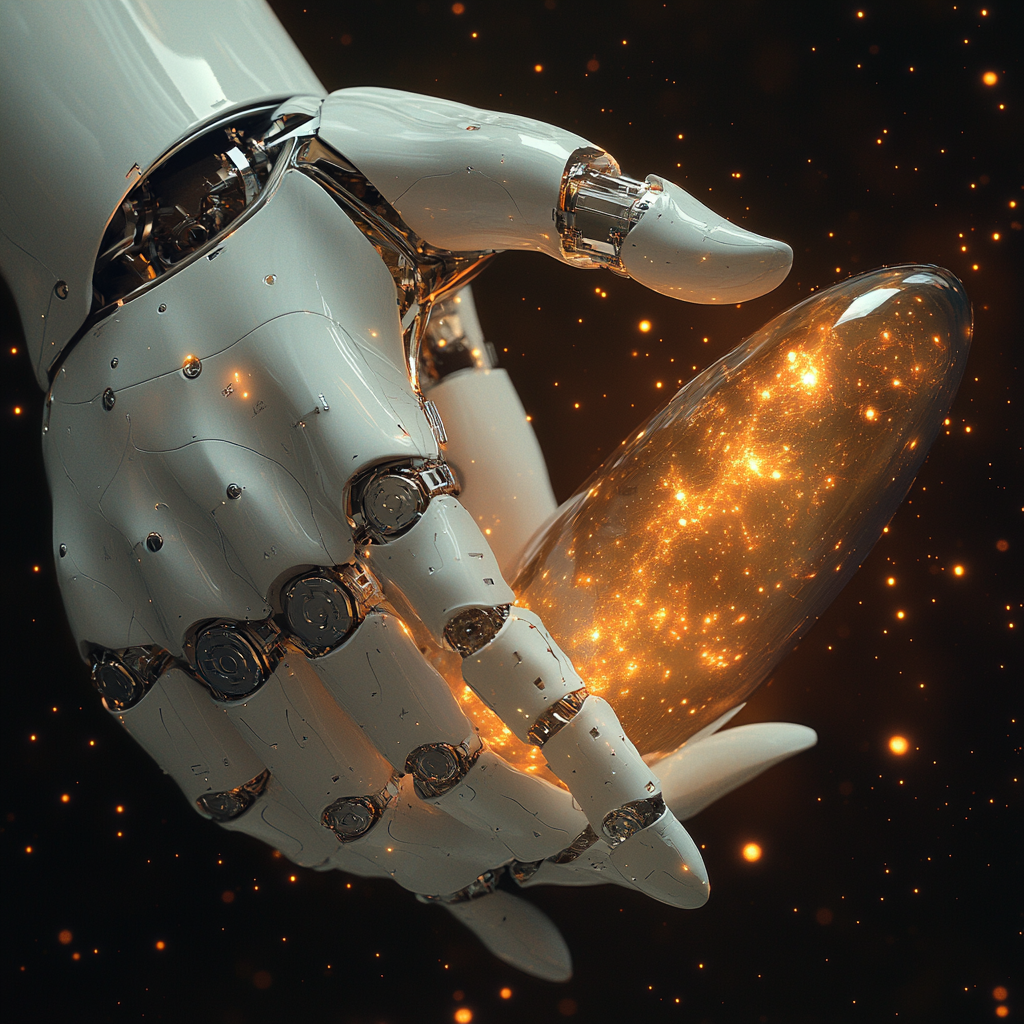Artificial Intelligence (AI) has advanced by leaps and bounds, integrating itself into numerous facets of our daily lives. A fascinating development within AI research is its ability to attempt to understand and replicate human emotions - an endeavour that presents numerous technological and ethical questions. This blog delves into the latest breakthroughs in AI's capability to interpret human emotions, exploring whether machines can indeed understand us on an empathetic level.
What is Emotional AI?
Emotional AI, also known as affective computing, involves developing systems that can recognize, interpret, and even simulate human emotions. It harnesses algorithms and machine learning to analyze data derived from voices, facial expressions, body language, and text inputs. The goal is to enhance AI's user interaction by making it more intuitive and responsive to human emotional needs.

Recent Breakthroughs in Emotional AI
1. Facial Recognition and Sentiment Analysis
AI can now assess facial expressions with a high degree of accuracy. Technologies such as Affectiva and Realeyes leverage vast datasets to predict emotions like happiness, sadness, and anger by analyzing subtle facial cues.
2. Natural Language Processing (NLP)
NLP advancements have empowered AI to detect sentiment in written and spoken language. Tools like OpenAI's ChatGPT can recognize nuanced emotional contexts, making AI communications more distinctively human.
3. Voice Emotion Detection
Companies like Beyond Verbal and IBM are researching AI systems that scrutinize vocal tones. By evaluating pitch, volume, and speech patterns, these systems can determine a speaker’s emotional state with growing precision.
Can Machines Truly Understand Human Emotions?
The heart of Emotional AI brings forth the debate: Can machines really understand emotions? Here’s how experts tackle this question:
Algorithmic Understanding vs. Human Empathy
While AI can be trained to identify emotional signals, it functions through predefined data models and lacks the consciousness required for genuine empathy. Unlike humans, AI cannot experience or genuinely feel emotions.
Data Dependency
AI's emotional comprehension is heavily dependent on the quality and diversity of data. Bias in datasets can lead to misinterpretation, raising ethical concerns about the applicability of AI in sensitive contexts like mental health counseling.

The Implications of Emotional AI
Improved Human-Computer Interaction
- Emotional AI can transform user experiences, making interactions with devices more personalized and engaging.
Applications in Healthcare
- AI could play a pivotal role in diagnosing mental health conditions by detecting emotional distress signals that humans might overlook.
Ethical Considerations
- Emotional AI poses ethical dilemmas, such as concerns surrounding consent and privacy when collecting emotional data. Regulatory frameworks must evolve to address these challenges.
Moving Forward: The Future of Emotional AI
As AI continues to evolve, the aim is to make human-computer interactions more fluid and context-aware. Research must prioritize transparency, ethical guidelines, and robust data practices to ensure Emotional AI is beneficial and trustworthy.
In conclusion, while AI can mimic certain aspects of human emotional intelligence through sophisticated algorithms and innovative technologies, it still lacks true understanding and empathy. This leaves room for much-needed dialogue on how Emotional AI should evolve responsibly. As technology advances, a balance must be struck between technological innovation and ethical integrity.



